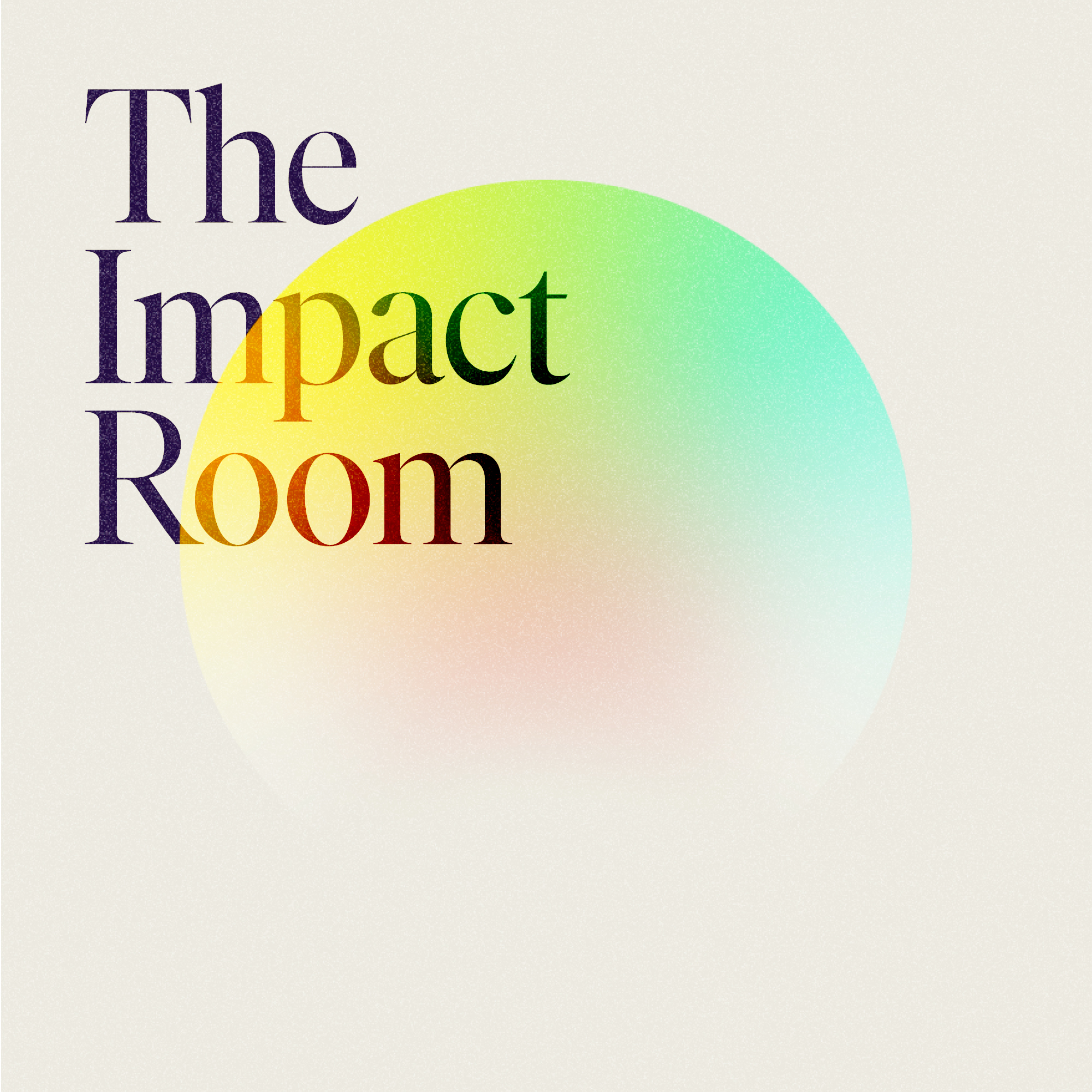Dr Ghassan Abu-Sittah is no stranger to conflict zones. The plastic and reconstructive surgeon has spent decades volunteering for medical charity in Palestine, Lebanon, Yemen, Syria, and Iraq. But the doctor he says his latest experience in Gaza has no parallel.
The scale of the current suffering in Gaza, “the intensity, the ferocity, the viciousness, and the deliberate targeting of the hospitals”, he says, “is like a tsunami”.
Dr Abu-Sittah travelled to Gaza days after Israeli began its bombardment in response to the October 7 attack by Hamas. He remained in the besieged enclave for 43 days, working mainly in northern Gaza as a volunteer for Médecins Sans Frontières (MSF).
He was at Al-Ahli Hospital during the massacre on October 17, 2023, and was among the physicians who spoke to news media, surrounded by blood-stained bodies, in the attack’s immediate aftermath, and in January, gave evidence to the International Court of Justice (ICJ) at the Hague.
In this moving interview with our host Maysa Jalbout, Dr Abu-Sittah shares his experiences from working in Gaza, and what it was like knowing his wife and children were watching him caught up in the attacks in real time on social media. He also explains why he has set up The Ghassan Abu Sittah Children’s Fund to pay for injured Palestinians to received medical and rehabilitation treatment in Lebanon.

“What Gaza needs is a new health system, not a new medical system,” Dr Abu-Sittah says, describing how the scale of the war has created a “biosphere” where people are continuously injured and at risk of ill-health.
“Everyone must start thinking and talking now about Gaza's needs…. And you really need to envisage what the current situation is (now) to build the new health system, rather than what it used to be,” he explained.
Children have borne the brunt of this latest chapter of conflict in Palestine. Before October 7, there were nearly 200 war-related amputations among young people in Gaza as well as some 2,000 adults living with amputations from earlier conflicts. Dr Abu Sittah says there could now be as many as 5,000 child amputees, with many losing limbs due to an inability to treat what would ordinary be very salvageable injuries.
Children with amputations need new prosthetics every six to eight months as they grow and could require as many as 12 surgeries before they reach adulthood, he explained. In addition to the physical impact of their injuries, there mental health needs are also “life altering”.
He said: “All of these things will take generations to recover and we know the way trauma is transmitted intergenerationally. So, we're not just talking about this generation, but generations to come… The scale of this genocidal war will reshape Human health in Gaza for decades to come.”
And he added that “proper reconstructive surgery, followed by rehabilitation and reintegration” was “an investment in the future… not just from a humanitarian point of view, but from an economic point of view” because it will enable those affected to become economically self-sufficient individuals.
Dr Abu-Sittah was born in Kuwait after his parents were forced from their homes in Palestine in 1948 and became refugees in Gaza. He studied medicine at the University of Glasgow and after completing his Specialist Registrar training in London, was awarded Fellowships in Paediatric Cranio-facial Surgery and in Cleft Surgery at Great Ormond Street Hospital for Sick Kids, as well as a further fellowship in Trauma Reconstruction at the Royal London Hospital. In 2010 he was awarded Fellowship of the Royal College of Surgeons (Plastic Surgery).
Dr Abu-Sittah has served as an associate professor and head of the Division of Plastic and Reconstructive Aesthetic Surgery at the American University of Beirut (AUB) Medical Center, and in 2015, he became a founding director of the Conflict Medicine Program at AUB’s Global Health Institute.
About the host
Maysa Jalbout is a leader in international development and philanthropy. Her previous roles include founding CEO of the Abdulla Al Ghurair Foundation for Education, a $1bn philanthropic initiative based in Dubai, and founding CEO of the Queen Rania Foundation. Maysa is a visiting scholar at MIT and ASU, and a non-resident Fellow at the Brookings Institution. Find her on Twitter @MaysaJalbout.


 Apple
Apple Spotify
Spotify Google
Google



